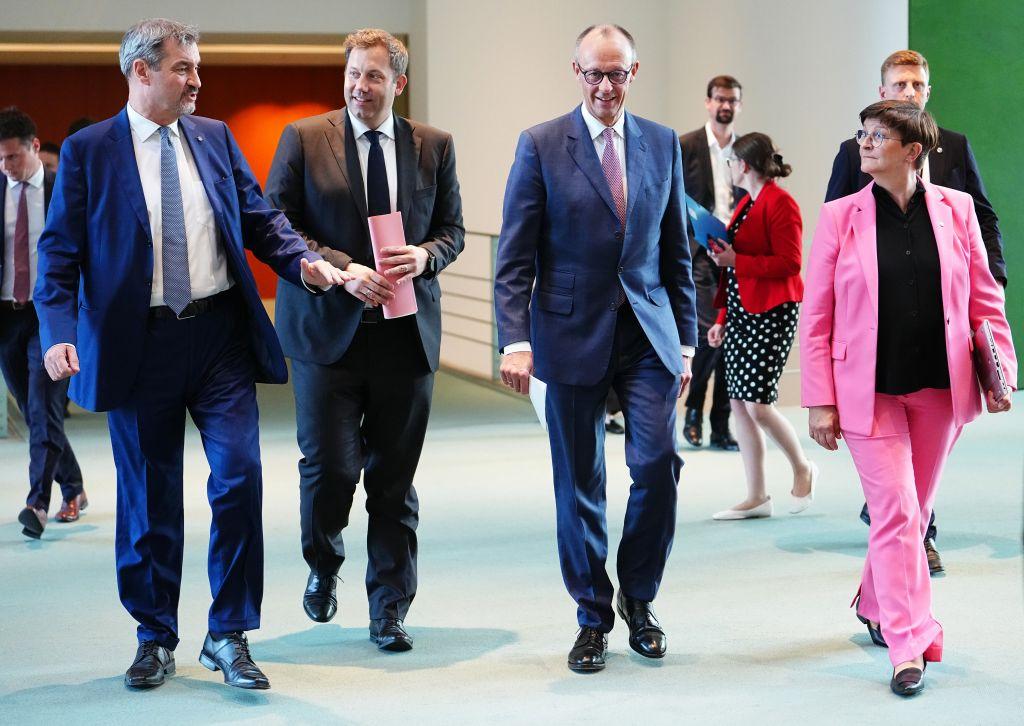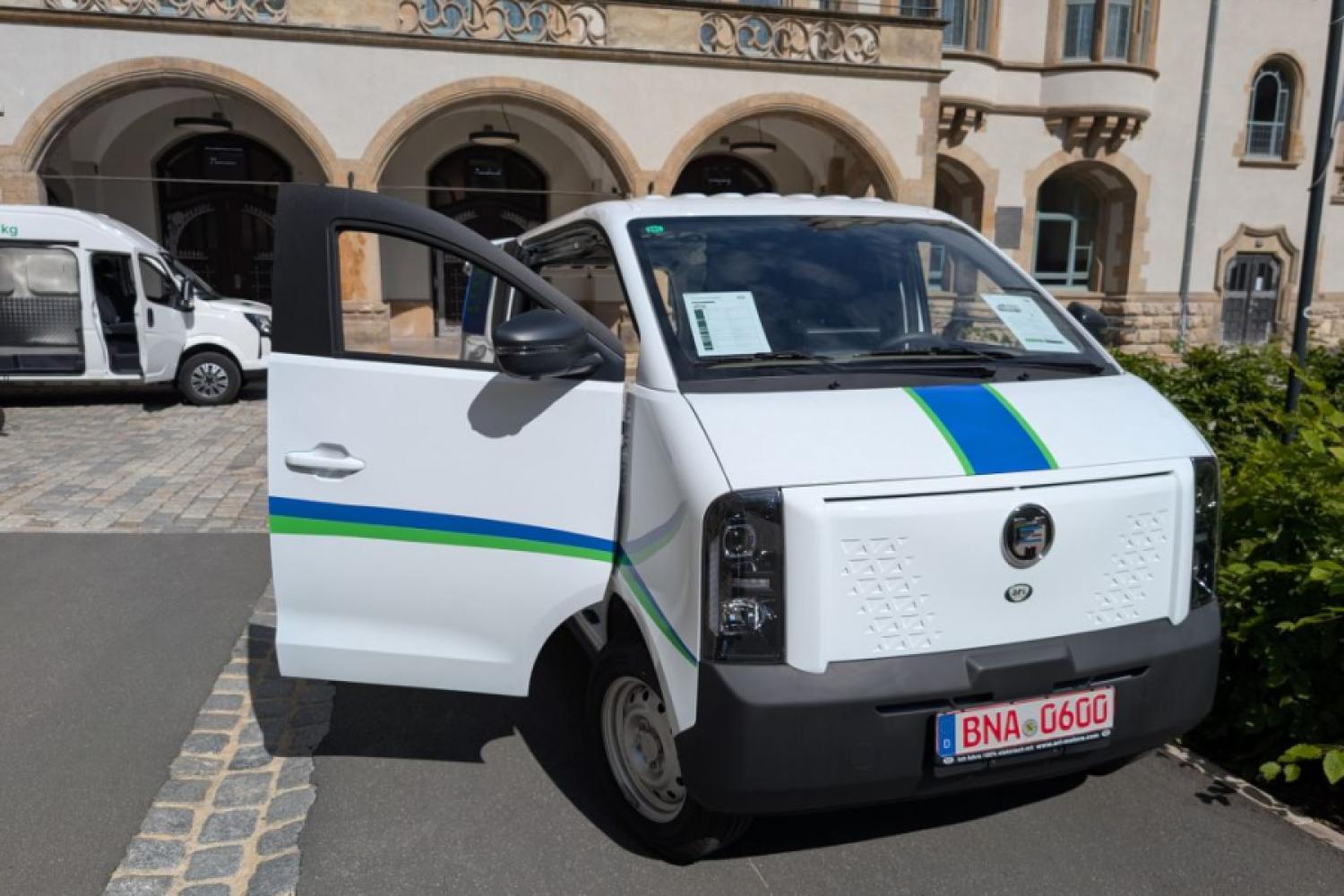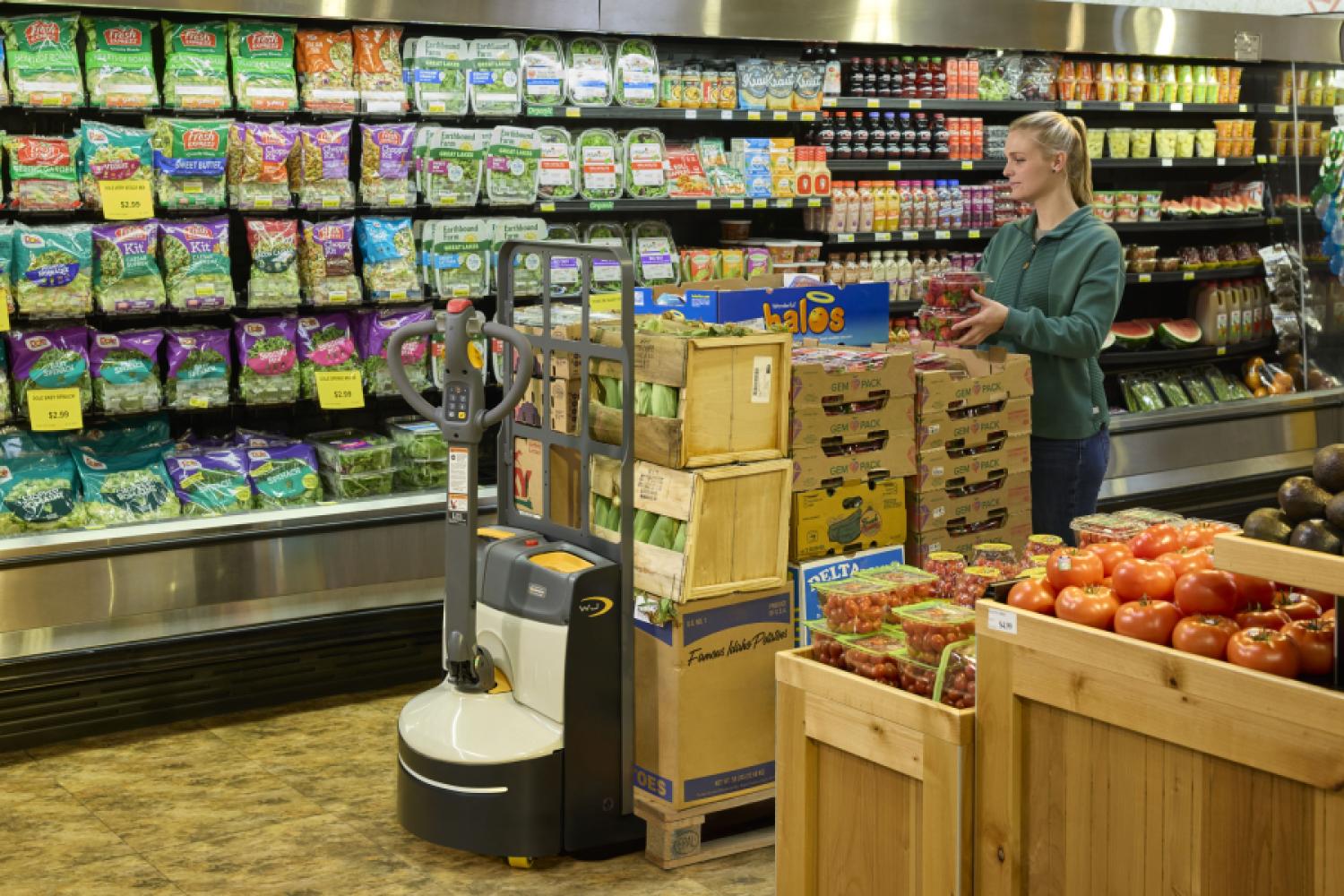While the goals set in the new government's coalition agreement receive overall positive ratings from Germany's car owners, they are critical of one particular measure in the "innovation booster." This is the conclusion of a recent survey conducted by the online car portal AutoScout24 among 1,001 car owners in Germany. With its "fiscal investment immediate program" from June 4th of this year, the federal government is also addressing its first transport policy issues. According to the survey, 61 percent oppose the plan to tax-advantage electric company cars even if they are high-priced vehicles. They view more positively the government's plan to create better depreciation options for companies investing in electric vehicles: 63 percent agree with the initiative.
As part of the survey, the portal presented car owners with the transport policy projects of the coalition agreement individually. The respondents then had to indicate whether they agreed
or disagreed with each measure. The government’s plan to provide more money for the renovation of roads, tunnels, and bridges received the most positive response: 93 percent of respondents agree with the measure, only 7 percent oppose it.
Investment Program: Electric Company Cars, E-Car Depreciation
On the other hand, a project from the current investment program receives the lowest approval. The government plans to increase the maximum price limit (gross list price) for tax-advantaged electric company cars from the current 70,000 to 100,000 euros. For the private use of these vehicles, the usual 1 percent tax from the list price per month does not apply, but only 0.25 percent. However, the tax benefit for drivers of expensive luxury vehicles is not really well received: only 39 percent of respondents agree with such a regulation - 61 percent oppose it. Even the better depreciation options for electric
cars, which have already been agreed upon in the coalition agreement, do not receive top marks. Although 63 percent agree with the initiative, 37 percent are explicitly against it. These values position the depreciations at the lower end of the transport policy priority list of German citizens (see table below).
Social Compensation: Cheaper Driving License, Subsidy for Low Earners
Initiatives aimed at creating social compensation generally receive high approval ratings. The most support in this context is found for the black-red plan to reform driving education to make driving licenses cheaper: 83 percent support reducing the continually rising costs of obtaining a driving license in recent years. Three-quarters (77 percent) support the government's idea to financially assist households with low or middle incomes in switching to climate-friendly mobility.
Alternative Mobility: Germany Ticket, Climate-Neutral Buses, Pedestrian and Bicycle Paths
Germany's car owners see not only road investment
as sensible. 83 percent agree with the initiative to maintain the Germany Ticket and keep the current price of 58 euros stable at least until 2029. An equal number favor converting public transport buses to climate-neutral vehicles. And 77 percent support the coalition's initiative to also expand pedestrian and bicycle paths.
Alternative Propulsion Systems: Tax Exemption for E-Cars, Plug-In Hybrid Technology
The comparatively low approval ratings for the vehicle tax exemption for fully electric vehicles are surprising. Only 56 percent agree with the coalition to extend this until 2035 – correspondingly, 44 percent reject the initiative. The idea of promoting plug-in hybrid technology and other technologies that combine electric propulsion with other drives to increase vehicle range receives significantly more support: 69 percent of car owners consider this strategy sensible, 31 percent do not. The market research institute Innofact collected the data from June 4th to






